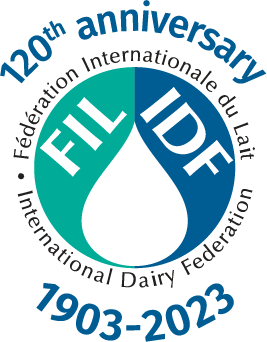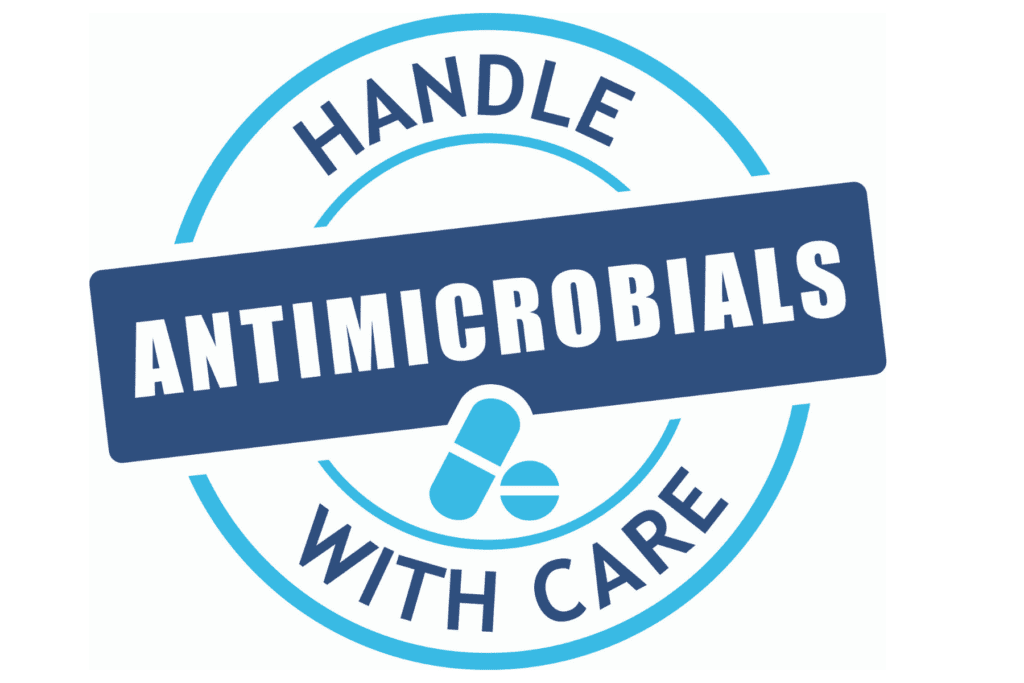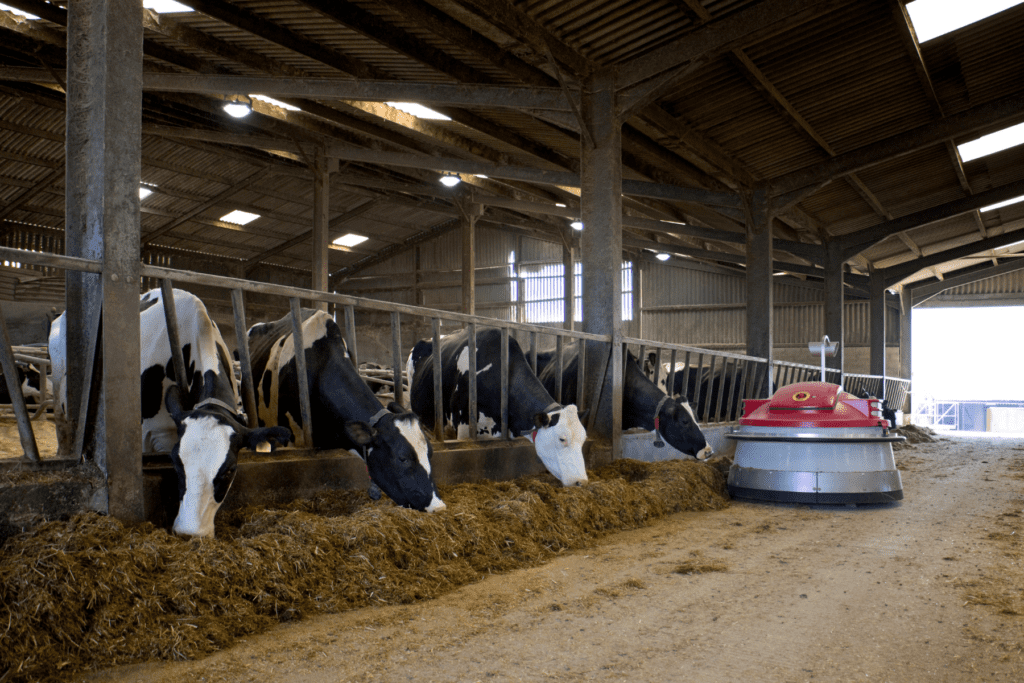The dairy sector has adopted an integrated supply chain management approach to curb the spread of antimicrobial resistance (AMR). This requires positive actions and cooperation by all players such as dairy farmers, veterinarians, dairy and meat processing companies, animal feed producers, pharmaceutical firms and regulators.
The recent annual World Antibiotic Awareness Week 2018 may have concluded but AMR must continue to remain at the forefront of our continuous efforts to address this important issue. Antimicrobial agents are used for the treatment of certain infectious diseases, and regulations are in place to strictly control their use in the dairy sector. IDF has continually driven home the point that antimicrobials are used only when associated with good animal health care where the usage of antibiotics is based on adequate diagnostic evaluations. Preserving antimicrobial efficacy is essential for the health and welfare of animals and humans. For this purpose, antimicrobials are to be used in line with good animal husbandry, vaccination and hygiene practices.
That is why extensive monitoring of antimicrobial use is conducted in the dairy sector which includes rigorous testing to ensure that unacceptable amounts of residues are not present in milk. In addition to this, heat treatment of milk helps to destroy micro-organisms, providing an effective control measure in preventing the spread of AMR through the food chain. Deaths from AMR could reach 10 million by 2050, which is more than the number of deaths from cancer at 8.2 million, according to Professor Yong Ho Park, Chairperson of the Codex Task Force on Antimicrobial Resistance. He presented these stark statistics at the IDF World Dairy Summit 2018 in Daejeon, Korea, in October.
IDF advocates prudent and responsible use of antimicrobial agents within the global dairy sector to ensure that they continue to be effective in curing diseases in animals while minimizing the risk of developing AMR. This is an important measure to prevent or reduce the transfer of resistant micro-organisms within animal populations, the environment and between animals and humans. Our policy is to promote healthy dairy herds which can produce safe and nutritious supply of milk for public consumption.
IDF published a factsheet on Guidance in Antimicrobial Resistance from the Dairy Sector (2017) outlining our organization’s support for the harmonized implementation of global strategies on AMR. This factsheet complements the IDF Guide to Prudent Use of Antimicrobial Agents in Dairy Production (2013), which is a translation of Chapter 6.9 of the OIE Terrestrial Animal Health Code (2011) tailored to the dairy sector. In addition, the IDF factsheet on control and detection of antimicrobial residues in milk and dairy products (2014) and the IDF factsheet on Antimicrobial Resistance (2012) provide an overview of AMR in the dairy sector.
IDF encourages good animal health and welfare as it is important to curb the spread of diseases in animals, improve animal welfare and minimize the need for antimicrobial use. Early detection of disease may increase the likelihood of bacteriological cure, leading to a quicker recovery. The elimination of an antibiotic shield does not necessarily result in a higher rate and spread of disease. By modifying the known risk factors and optimizing herd management, risk levels can be managed in the same manner as when prophylactic antimicrobials are used to facilitate early intervention thereby minimizing the need for antimicrobials.
To support best practices at farm level, the FAO/IDF Guide to Good Dairy Farming Practice (2011), encourages best farming practices for the production and marketing of safe, quality-assured milk and dairy products.
IDF ’s Task Force (TF) on antimicrobial resistance (AMR) supports AMR management of the dairy sector. This Task Force actively participates in the Codex Alimentarius working group on AMR on the revision of the Code of Practice to Minimize and Contain AMR and in the drafting of Guidelines for the integrated monitoring and surveillance of foodborne AMR.
Being a member of the Action Network on AMR at the Global Agenda for Sustainable Livestock, IDF contributes to the discourse and actions on addressing AMR. As the use of antimicrobials in the dairy sector is largely to treat mastitis, IDF has produced publications on mastitis prevention and control. This includes data collection on mastitis therapeutic practices, an upcoming IDF Guide on Mastitis Management supported by sensor systems and a revision of the definitions of new and cured clinical and subclinical mastitis cases. To shine a spotlight on this issue, an IDF scientific conference on Mastitis will be held from 14-16 May 2019 in Copenhagen.
IDF also promotes control programmes on cattle diseases, such as Paratuberculosis, and hosts fora which supports research and knowledge-sharing among different countries. Tackling AMR requires concerted global efforts through strong partnerships among key organizations.
Guidance on AMR from international organizations such as the Codex Alimentarius Commission, the World Organisation for Animal Health (OIE), the Food and Agriculture Organization and World Health Organization remains critical to increase awareness and promote a globally harmonized approach in the surveillance and prevention of AMR. IDF participates in the Codex work on AMR as well as in Codex Committees on Food Hygiene and Residues of Veterinary Drugs as dairy safety and quality are of utmost priority in feeding the world.















